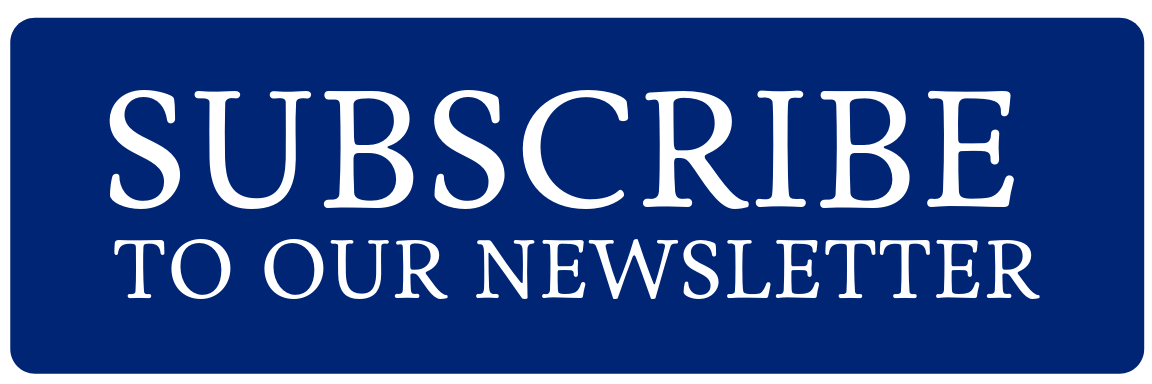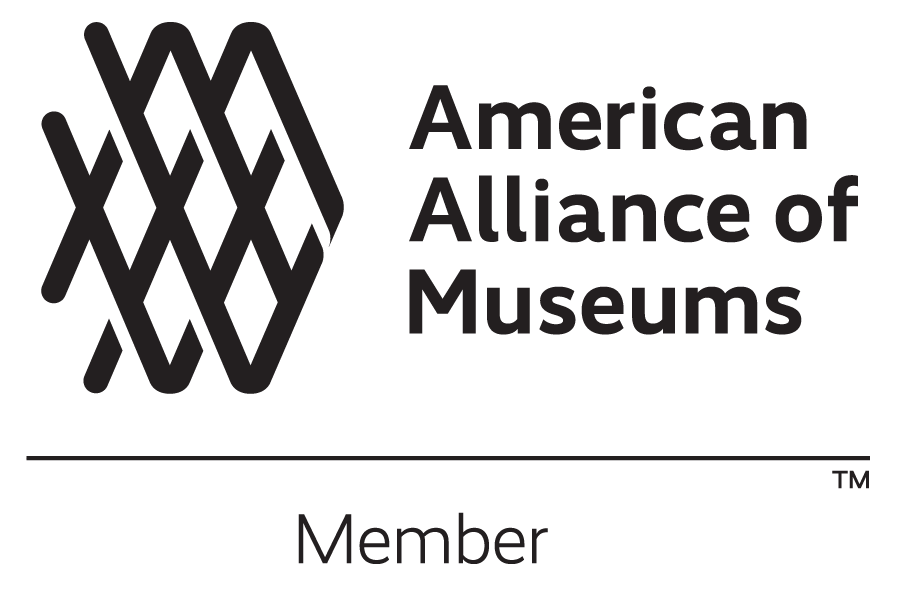Table of Contents
1. Signers of the Constitution
2. Molly Pitcher at the Battle of Monmouth
3. Nathan Hale’s letter to his brother Enoch Hale
4. Benjamin Tallmadge’s Orderly Book
5. Letter from George Washington to Elbridge Thomas Gerry
6. Camp Liquor Chest of Baron von Steuben
Nathan Hale’s letter to his brother, Enoch Hale
(Dated August 20, 1776)
Letter
Nathan Hale (1755-1776)
August 20, 1776
Paper & Ink
Nathan Hale was from Connecticut and was a member of the Yale class of 1773. He became a schoolmaster until he joined the Connecticut militia in 1775. In the spring of 1776 Hale's regiment was moved to Manhattan to defend New York City from the British.
On August 20, 1776 Hale wrote this letter to his brother Enoch Hale, possibly while his regiment was stationed at present day SoHo. Hale writes, "We hope under God, to give a good account of the Enemy whenever they choose to make the last appeal." A week later the Battle of Long Island commenced. Washington's army lost and evacuated back to Manhattan on August 30.
Washington's control of New York City was faltering. To effectively use his limited resources, any actions to protect the City needed to be precise and strategic. Better information on enemy movements was needed. He made a request for intelligence officers to spy on the British, an act punishable by death. On September 8, Nathan Hale volunteered; four days later, disguised as a teacher, Hale was sent behind enemy lines. He was captured on the night of September 21, 1776 and hanged for treason, without trial, the next morning. This is the last known letter from Nathan Hale.
Presented by Christian A. Zabriskie
MS243
Tour
Nathan Hale was born June 6, 1755 in Coventry, Connecticut and attended Yale when he was 14. Yale was well known for its political activity in the years leading up to the American Revolution; students were the first to organize boycotts against British goods. After graduating in 1773, Hale became a schoolteacher. Hale joined the Continental Army in 1775, becoming a captain in the 19th Connecticut Regiment, but did not see much action.
Hale most likely wrote this letter-addressed to his older brother Enoch- while his regiment was stationed in Manhattan, in present day SoHo. In it, we can see that Hale was awaiting his chance to fight for his country: “For about 6 or 8 days the enemy have been expected hourly…We keep a particular look out for them this morning…We hope, under God, to give a good account of the Enemy whenever they choose to make the last appeal”.
Hale was disappointed when, a week after he wrote this letter, the British defeated Patriot forces at the Battle of Long Island. Hale’s regiment was not stationed near the front lines, and he did not take part in the battle. This frustration of not being able to do anything to help the cause led Hale to volunteer to go behind enemy lines as a spy.
Hale volunteered to become a spy on September 8, 1776. Washington needed spies to observe British movements on Long Island after Patriot forces had been driven out during the Battle of Brooklyn. At this time, Patriot spies did not receive any training.
Hale crossed enemy lines, posing as a schoolteacher looking for work. His lack of training was evident: he spent too much time out in the open, asking too many questions about British supplies and troop movements. In addition, there were many people from Connecticut in the area who may have recognized him from his early life and position as a teacher there.
While eating in a tavern one night, Hale was approached by Major Robert Rogers, an officer in the British army. Rogers was in the area hunting for a patriot spy. He suspected Hale after seeing Hale taking notes near ports and British barracks. Rogers pretended to be a Patriot militiaman caught behind enemy lines, gaining Hale’s trust. After toasting to Congress, Hale told Rogers about his mission. This alone was not enough to warrant his arrest- his confession needed witnesses.
The next night, Hale joined Rogers for dinner, where Rogers introduced him to a few other British soldiers pretending to be Patriots. After Hale again revealed the details of his mission, soldiers that had surrounded the tavern arrested Hale for espionage and transported him to Manhattan.
Upon questioning, Hale admitted to being an officer in the Continental Army. Since he was captured in civilian clothes behind enemy lines- and had discussed his mission with Rogers and several witnesses- he was declared a spy. This meant that Hale received no trial, and was sentenced to death.
Hale was hanged on September 21, 1776, only two weeks after he first volunteered to be a spy, and was buried in an unmarked grave. He was only 21 years old. Hale’s final words are remembered as “I only regret that I have but one life to give for my country,” however, there was no official record of Hale’s final words, it is debated if he actually said this. This quote was paraphrased from the 1713 play Cato by Joseph Addison. This play was popular among many patriots, expressing themes of liberty from tyrannical government:
“How beautiful is death when earn’d by virtue!
Who would not be that youth? What pity is it
That we can die but once to serve our country.”
Questions to consider: Do you think Hale was a successful spy? If he wasn’t, why do we remember him? What effects could Hale’s death have had on the Patriot approach to spying?
Hale was close friends with a man named Benjamin Tallmadge. The two met at Yale, where they both were involved in debate societies, as well as acting in amateur theater productions. They also enjoyed less studious activities: Tallmadge, Hale, and Hale’s older brother Enoch were fined for damaging college property after visiting a local tavern. Tallmadge would become Washington’s chief intelligence officer. Our next artifact looks at some of the day-to-day realities Tallmadge faced during the war.




